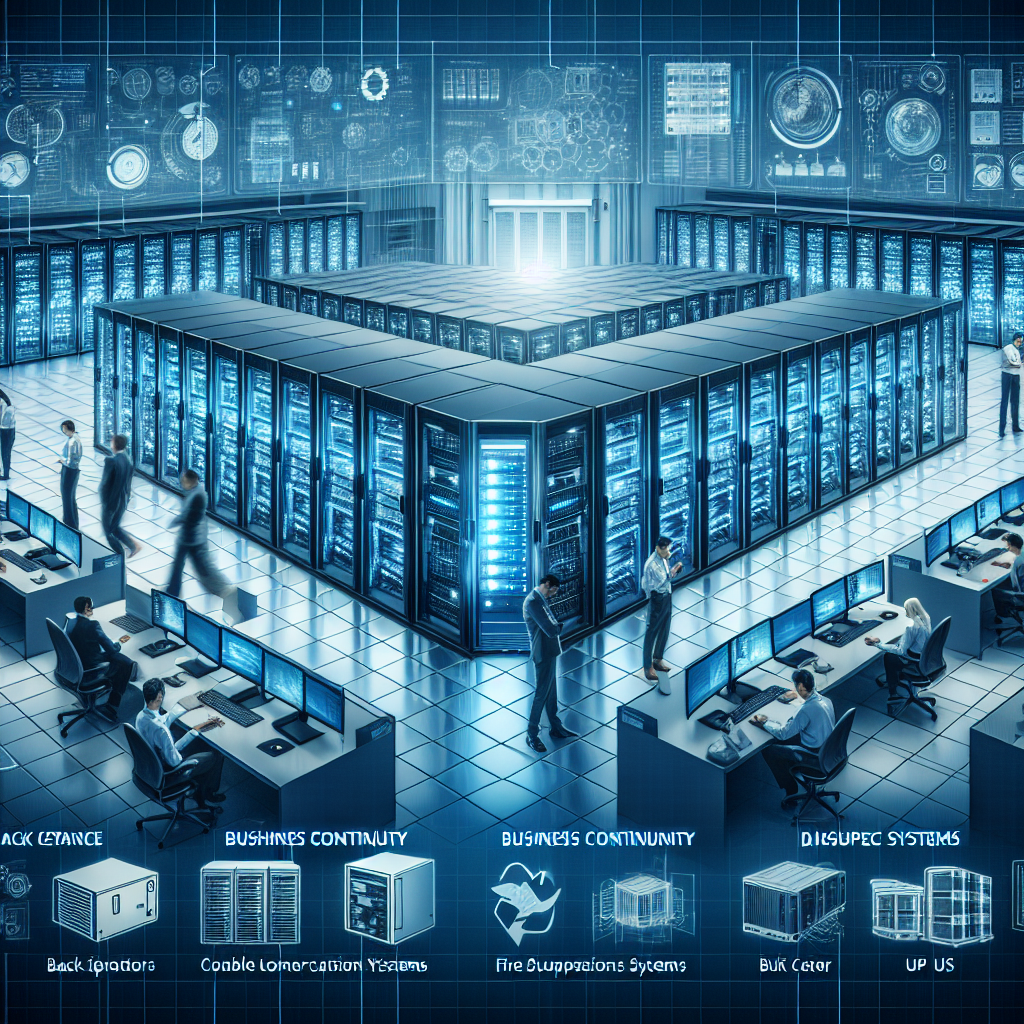Staying Ahead of the Curve: Best Practices for Data Center Business Continuity
In today’s fast-paced digital world, data centers play a crucial role in ensuring the smooth operation of businesses. With the increasing reliance on technology and data, it is essential for data center operators to prioritize business continuity to prevent any disruptions that could potentially impact their operations.
Business continuity refers to the ability of an organization to continue operating seamlessly in the event of unforeseen circumstances such as natural disasters, cyber-attacks, or equipment failures. By implementing best practices for data center business continuity, operators can stay ahead of the curve and ensure uninterrupted service to their clients.
One of the key best practices for data center business continuity is to conduct regular risk assessments and develop a comprehensive disaster recovery plan. This involves identifying potential threats and vulnerabilities that could impact the data center’s operations and developing strategies to mitigate these risks. By having a well-thought-out disaster recovery plan in place, data center operators can respond quickly and effectively in the event of a crisis.
Another important best practice for data center business continuity is to implement redundant systems and backups. This involves having backup power sources, redundant networking equipment, and data replication strategies in place to ensure that critical systems can continue to operate even in the event of a failure. By implementing redundant systems and backups, data center operators can minimize the risk of downtime and ensure that their clients’ data is always accessible.
Regular testing and maintenance of systems are also crucial for data center business continuity. By conducting regular testing of backup systems and disaster recovery plans, operators can identify any weaknesses or vulnerabilities in their systems and make necessary adjustments to improve their resiliency. Additionally, regular maintenance of equipment and systems can help prevent unexpected failures and ensure that the data center is always operating at peak efficiency.
Lastly, staying informed about the latest trends and technologies in data center management is essential for staying ahead of the curve in business continuity. By keeping abreast of industry best practices and emerging technologies, data center operators can continuously improve their processes and systems to ensure the highest levels of reliability and performance.
In conclusion, by implementing best practices for data center business continuity, operators can ensure that their data centers are well-equipped to handle any potential disruptions and provide uninterrupted service to their clients. By conducting regular risk assessments, implementing redundant systems and backups, testing and maintaining systems, and staying informed about industry trends, data center operators can stay ahead of the curve and maintain a competitive edge in today’s rapidly evolving digital landscape.


